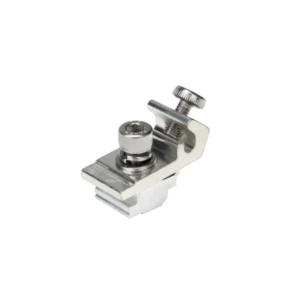Rubber Cable
Rubber cable is a type of electrical cable that uses rubber as its primary insulation material. It is known for its flexibility, durability, and resistance to various environmental factors. Rubber cables are widely used in a variety of applications, both indoors and outdoors.
Key features and characteristics of rubber cable:
Rubber insulation: Provides excellent insulation properties, protecting the conductors from moisture, chemicals, and abrasion.
Flexible construction: Allows for easy installation and routing in tight spaces.
Durability: Resistant to mechanical damage and aging.
Weather-resistant: Suitable for outdoor use in various climates.
Available in different types and sizes: To meet the specific needs of various applications.
Can be shielded or unshielded: Depending on the application and the need for protection against electromagnetic interference (EMI).
Common applications for rubber cable:
Industrial machinery
Construction sites
Outdoor installations
Agricultural equipment
Mining operations
Marine and offshore applications
When selecting rubber cable, it’s important to consider factors such as:
Voltage rating: Ensure the cable can handle the required voltage.
Ampacity: Choose a cable with sufficient current-carrying capacity.
Rubber type: Different types of rubber have varying properties, so select the appropriate type based on the application.
Shielding: Determine if shielding is necessary to protect against EMI.
Environmental conditions: Consider the temperature range, moisture, and other factors the cable will be exposed to.






Reviews
There are no reviews yet.